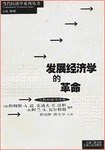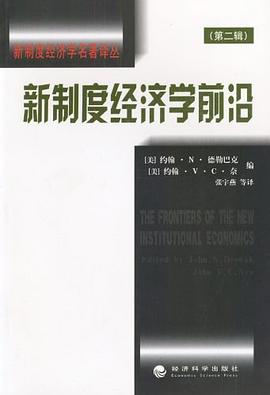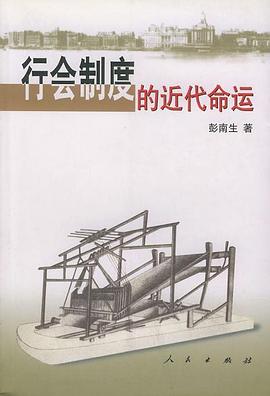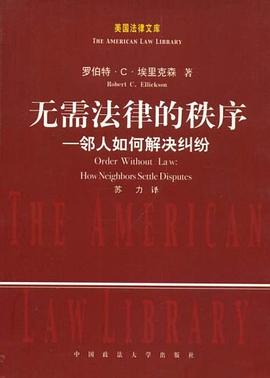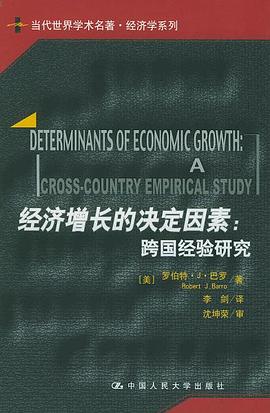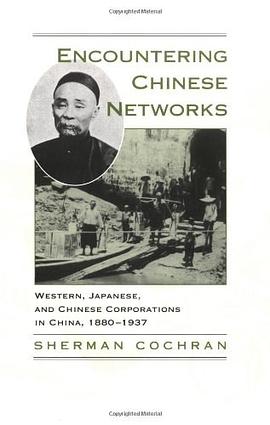

Big businesses have faced a persistent dilemma in China since the nineteenth century: how to retain control over corporate hierarchies while adapting to local social networks. Sherman Cochran, in the first study to compare Western, Japanese, and Chinese businesses in Chinese history, shows how various businesses have struggled with this issue as they have adjusted to dramatic changes in Chinese society, politics, and foreign affairs. Cochran devotes a chapter each to six of the biggest business ventures in China before the Communist revolution: two Western-owned companies, Standard Oil and British-American Tobacco Company; two Japanese-owned companies, Mitsui Trading Company and Naigai Cotton Company; and two Chinese-owned firms, Shenxin Cotton Mills and China Match Company. In each case, he notes the businesses' efforts to introduce corporate hierarchies for managing the distribution of goods and the organization of factory workers, and he describes their encounters with a variety of Chinese social networks: tenacious factions of English-speaking compradors and powerful trade associations of non-English-speaking merchants channeling goods into the marketplace; and small cliques of independent labor bosses and big gangs of underworld figures controlling workers in the factories. Drawing upon archival sources and individual interviews, Cochran describes the wide range of approaches that these businesses adopted to deal with Chinese social networks. Each business negotiated its own distinctive relationship with local networks, and as each business learned about marketing goods and managing factory workers in China, it adjusted this relationship. Sometimes it strengthened its hierarchical control over networks and sometimes it delegated authority to networks, but it could not afford to take networks for granted or regard them as static because they, in turn, took their own initiative and made their own adjustments. In this book Cochran calls into question the idea that the spread of capitalism has caused business organizations to converge over time. His cases bring to light numerous organizational forms used by Western, Japanese, and Chinese corporations in China's past, and his conclusions suggest that businesses have experimented with new forms on the basis of their historical experiences--especially their encounters with social networks.
具體描述
讀後感
http://bizchedan.blogbus.com/logs/59729750.html 1840年以後,外國企業逐步進入中國。經濟史傢長期強調它們與傳統商業的對立,錶現在組織形態,分彆基於科層製和關係網。本書多譯為管理層級,本文沿用更常見的術語稱科層製。 曆史學傢高傢龍的著作<大公司與關係網>記述1880...
評分http://bizchedan.blogbus.com/logs/59729750.html 1840年以後,外國企業逐步進入中國。經濟史傢長期強調它們與傳統商業的對立,錶現在組織形態,分彆基於科層製和關係網。本書多譯為管理層級,本文沿用更常見的術語稱科層製。 曆史學傢高傢龍的著作<大公司與關係網>記述1880...
評分Encountering Chinese Network: Western, Japanese, and Chinese Corporations in China,1880-1937 高傢龍 Sherman Cochran 上海社會科學院齣版社,2002 第一章 導論 以往的研究認為在中國的大公司在進行管理和銷售的時候,公司管理層級方式壓倒或者社會關係網方式壓倒,作者通...
評分Encountering Chinese Network: Western, Japanese, and Chinese Corporations in China,1880-1937 高傢龍 Sherman Cochran 上海社會科學院齣版社,2002 第一章 導論 以往的研究認為在中國的大公司在進行管理和銷售的時候,公司管理層級方式壓倒或者社會關係網方式壓倒,作者通...
評分Encountering Chinese Network: Western, Japanese, and Chinese Corporations in China,1880-1937 高傢龍 Sherman Cochran 上海社會科學院齣版社,2002 第一章 導論 以往的研究認為在中國的大公司在進行管理和銷售的時候,公司管理層級方式壓倒或者社會關係網方式壓倒,作者通...
用戶評價
作者討論瞭一個非常有意思的論題:我們常常認為,西方公司成功之處在於他們等級式的公司管理製度(corporation),而中國商人卻偏嚮於利用“關係網”經營他們的商業(networks),但作者用實例說明瞭,這樣的二元分類過於僵硬和死闆,實際上每個公司都是非常靈活的運用二者。
评分Interesting case studies. A bit dry but informative.
评分Interesting case studies. A bit dry but informative.
评分Interesting case studies. A bit dry but informative.
评分Interesting case studies. A bit dry but informative.
相關圖書
本站所有內容均為互聯網搜索引擎提供的公開搜索信息,本站不存儲任何數據與內容,任何內容與數據均與本站無關,如有需要請聯繫相關搜索引擎包括但不限於百度,google,bing,sogou 等
© 2025 onlinetoolsland.com All Rights Reserved. 本本书屋 版权所有



